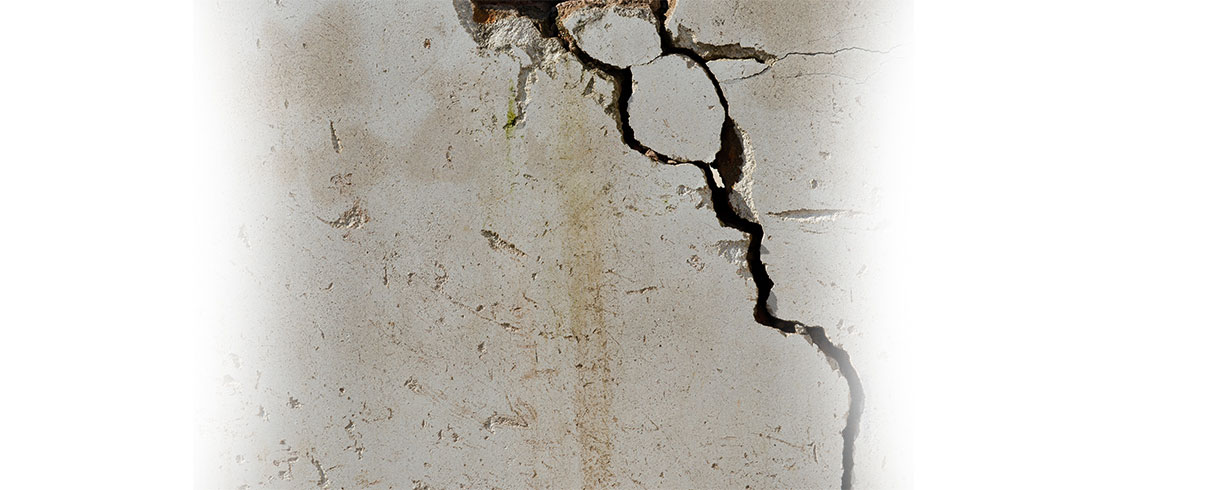Opinions are divided about whether earthquake coverage is needed for homes in Quebec. The skeptics say no but the earthquake experts say the clock is at one minute to midnight and is still ticking. Here are some facts to help you make up your mind.
Opinions are divided about whether earthquake coverage is needed for homes in Quebec. The skeptics say no but the earthquake experts say the clock is at one minute to midnight and is still ticking. Here are some facts to help you make up your mind.
Coverage under a standard policy
Ground motion is excluded under standard home insurance policies. That means any earthquakes and their consequences wouldn’t be covered. To cover your home, personal property or garden shed, you’ll need an optional add-on to your existing policy.
However, that optional coverage isn’t always available for certain buildings deemed “more fragile”, such as mobile homes.
Available options
In general, most insurers will offer you two options: one option to cover fires, explosions or smoke after an earthquake and a second option that’s more complete. The first option only covers specific consequences while the second one provides broader coverage. During and after an earthquake, the second option covers:
- Avalanches
- Falling rocks
- Subsidences
- Landslides
- Volcanic eruptions
The deductible often varies according to the option selected: deductible applicable under the contract, a percentage of the total coverage amount (building and personal property) or a higher deductible for a fixed amount.
But do you need it?
You have to decide based on your risk tolerance. You may think that Quebec never experiences major earthquakes but you’d be wrong. In 1663, a magnitude 7 earthquake hit the Charlevoix region. Even today, an earthquake of that magnitude would do a lot of damage.
After Vancouver, Montreal is considered the city with the highest earthquake risk in Canada based on its location in a moderate seismic zone! The estimated frequency of shocks exceeding 6 on the Richter scale is about once every 100 years. The last “big one” to hit Montreal was in 1732. In Mont-Laurier, it was in 1990…
Of course, that kind of earthquake is a very rare event but it’s still possible. Talk to your general insurance representative who can give you the advice you need.

























